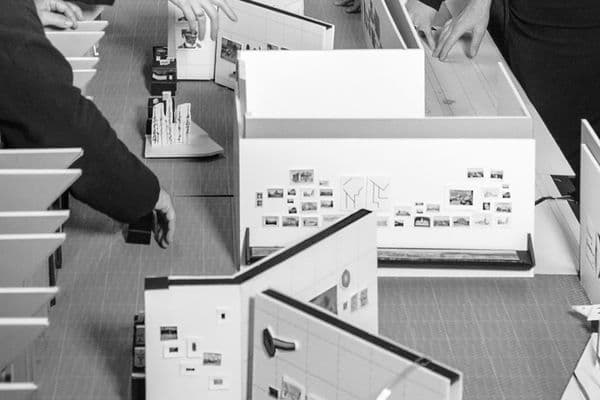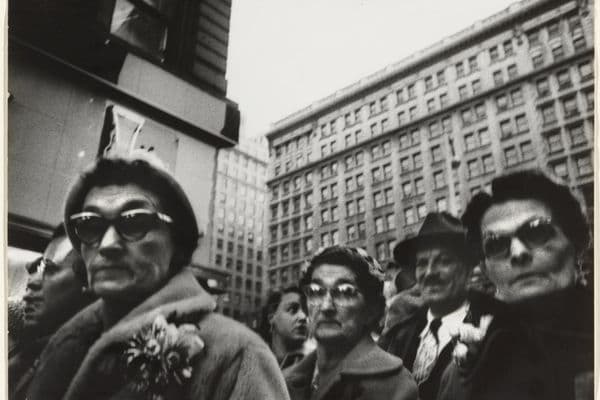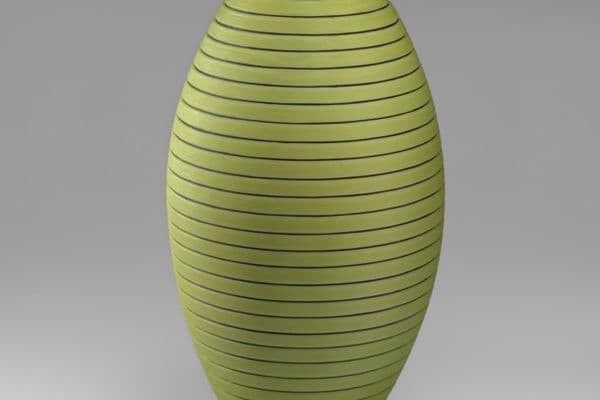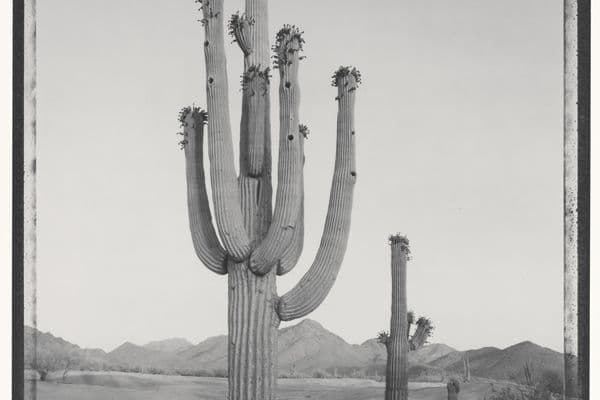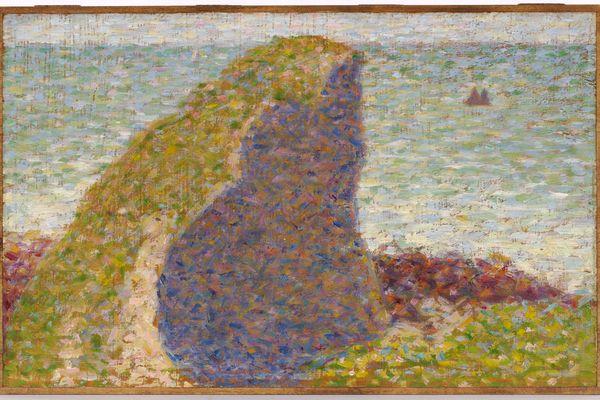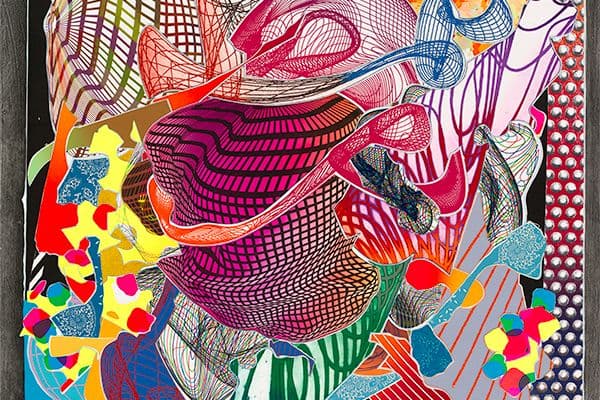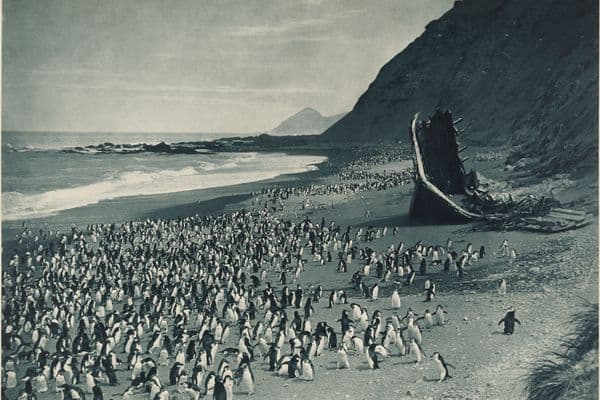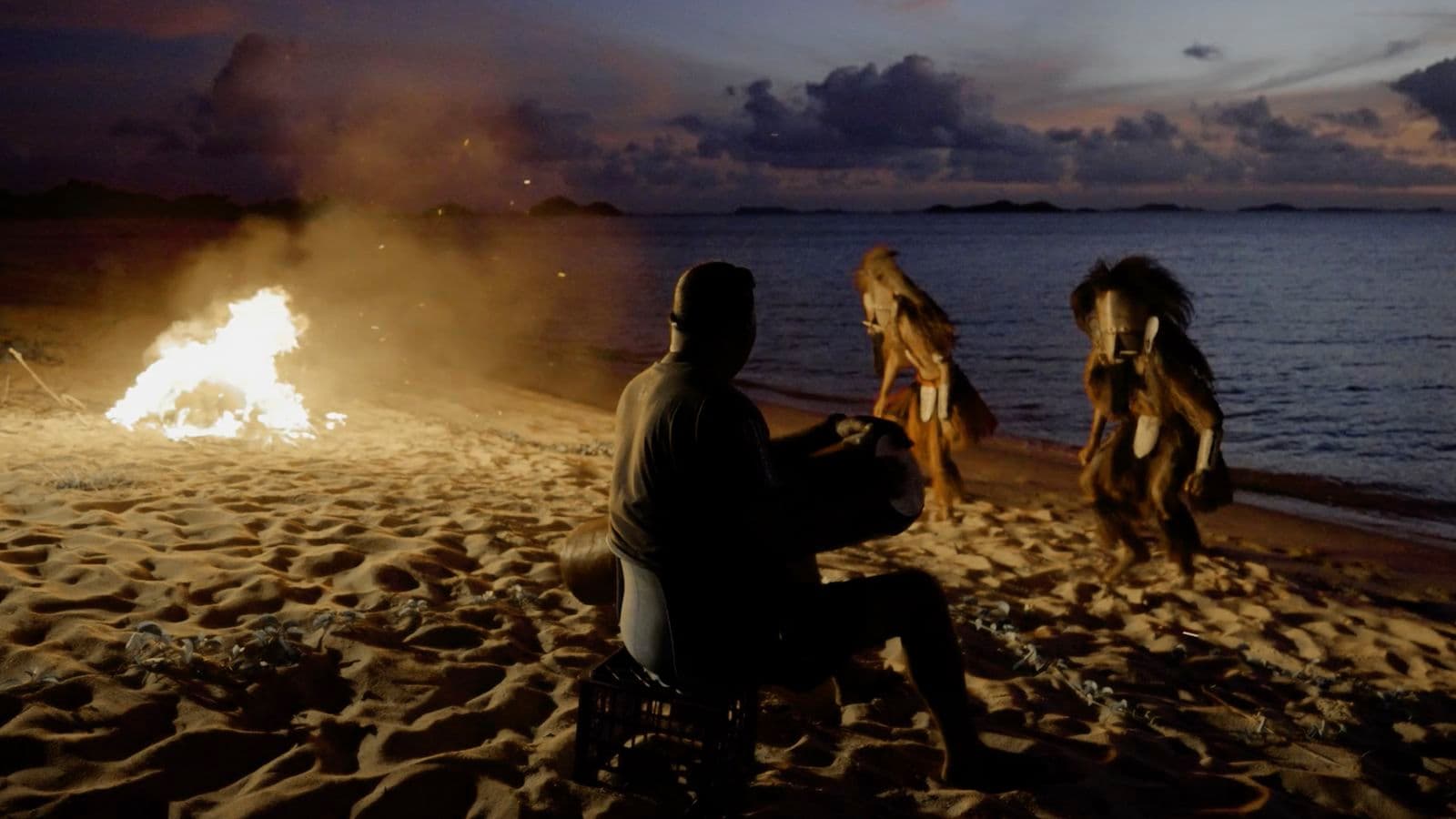Camera Work
1903–1917
13 Dec 2003 – 15 Feb 2004

Alfred Stieglitz, Two towers - New York, photogravure from original negative, purchased 1976.
About
2003 marked the centenary of the launch of the journal Camera Work. Created by the legendary American photographer Alfred Stieglitz, its aims were to promote and support the work of the newly formed American Photo-Secession movement of art photographers. Camera Work, a quarterly publication, was initially the vehicle for advancing the cause of Pictorialism and pictorialist photographers in America. By 1910 Camera Work had moved away from an exclusive focus on photographic art to become the most important journal in America for the introduction of French Impressionist art. The last issues, which appeared in 1917, saw a return to photography but, rather than the older-style soft-focus Pictorialism, the journal at this time promoted a new form of hard-edged modernism featuring the work of Paul Strand. Across its 50 issues, Camera Work would become the most important American art journal of the first half of the 20th century.
Unlike many earlier photographic journals, Camera Work was the first photographic journal to emphasise visual and intellectual content rather than just providing technical advice. It was illustrated with hand-pulled, photogravure illustrations of the very highest quality. Stieglitz himself was one of the foremost exponents of photogravure in America and considered it to be the perfect vehicle for bringing together images and text and disseminating photography to a wider audience. The gravures of Camera Work, which were printed on Japanese tissue to preserve the maximum tonal quality, are among the finest examples of this art form. The unbound plates are frequently sold as individual, original art works.
Throughout its life Camera Work functioned on many levels. It began as the vehicle for the very best Pictorialist work. It provided aesthetic commentary from the foremost critics of the day in the fields of photography, painting, sculpture and literature while serving as a catalogue and review for exhibitions at Stieglitz’s gallery, 291. Perhaps more importantly, as the former Curator of the Royal Photographic Society in England, Pam Roberts observed, ‘Camera Work served as an autobiography of the creative life of one man, its creator, editor, financier and inspiration, Alfred Stieglitz’.
A complete set of this rare and important journal was acquired in 1976. Through its combined holdings of rare photographic art in the permanent collection and books, journals and ephemera in the Gallery’s Research Library, the National Gallery of Australia provides an unmatched resource in this country for the study of both the history of photography as an art and photographically illustrated publications.
Robert Deane
Honorary Researcher, Photography
Text sourced from: Deane, Robert. “Camera Work: 1903–1917.” Artonview, no. 36 (2003): 39–39.
